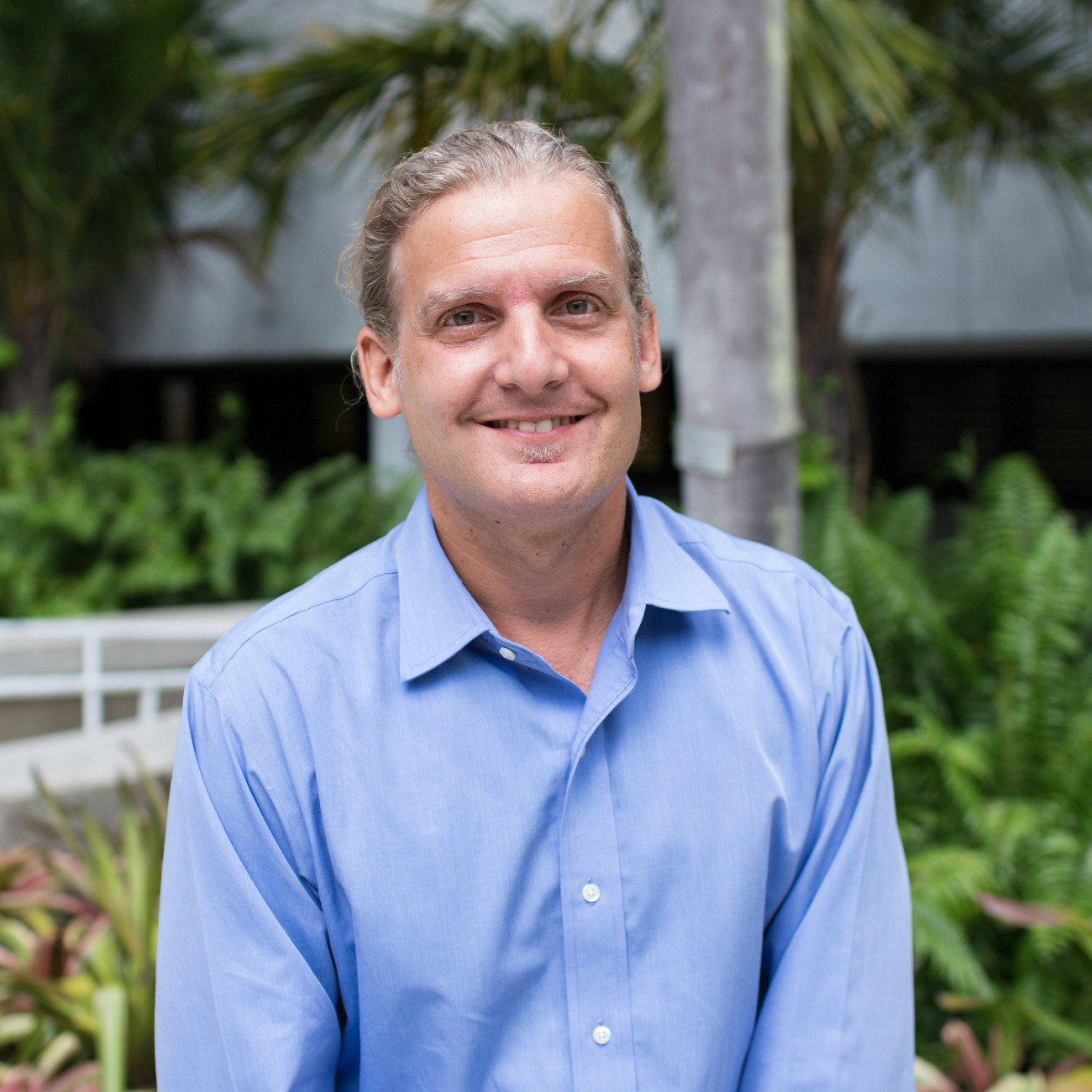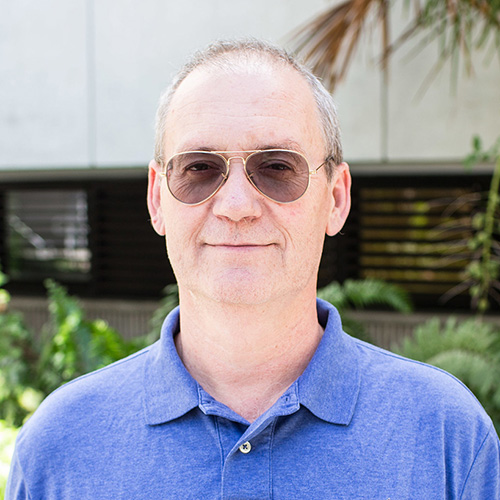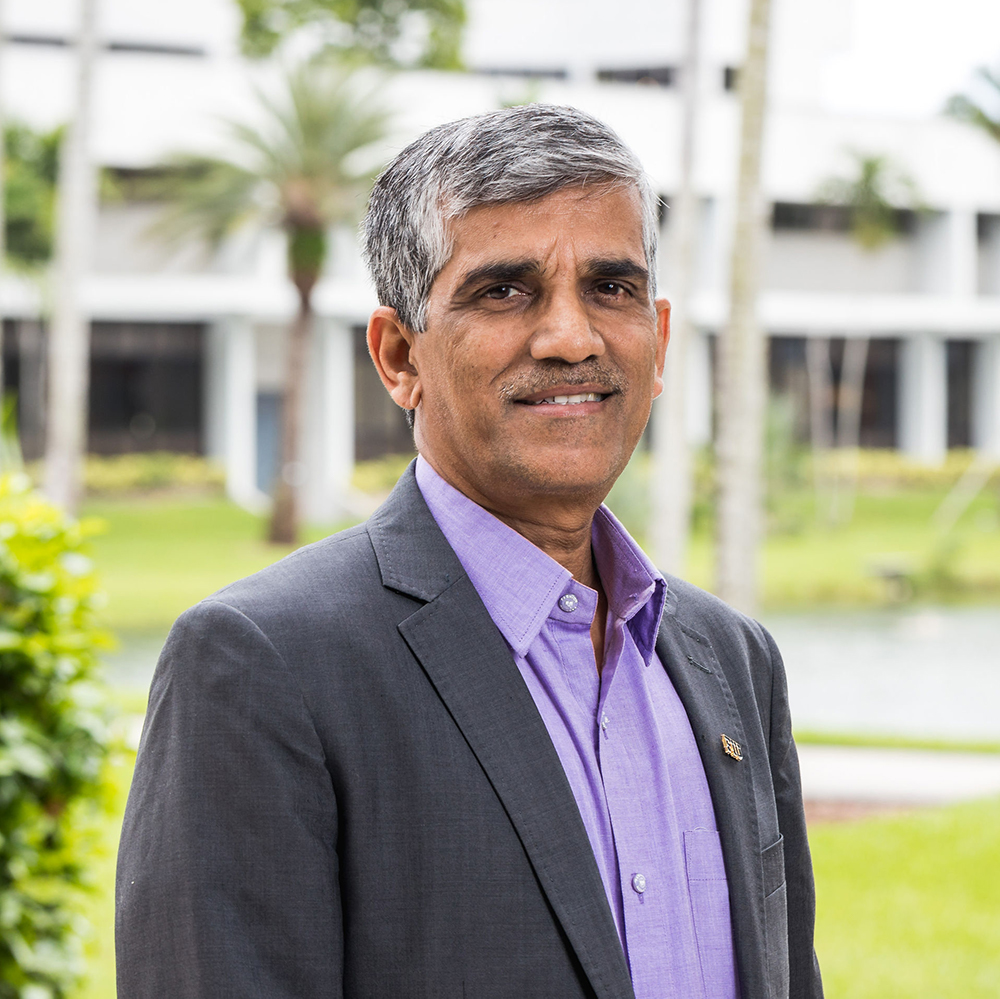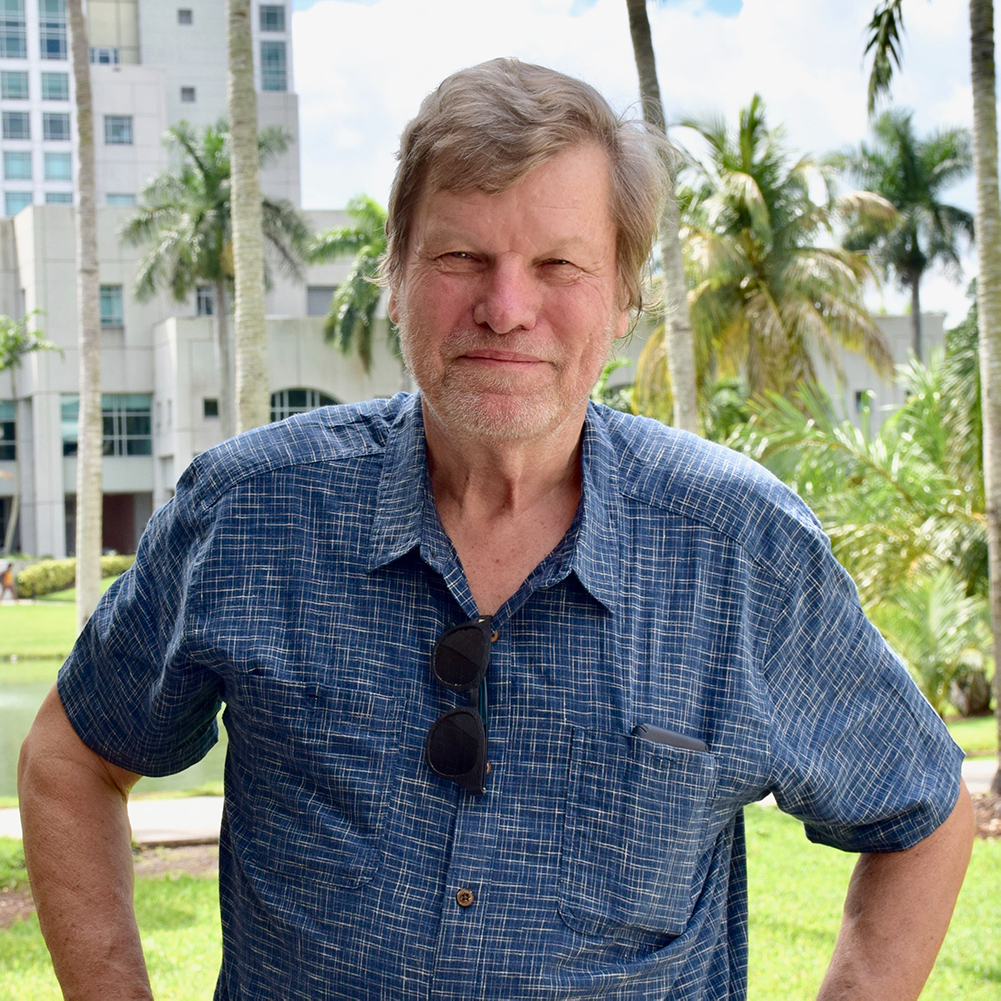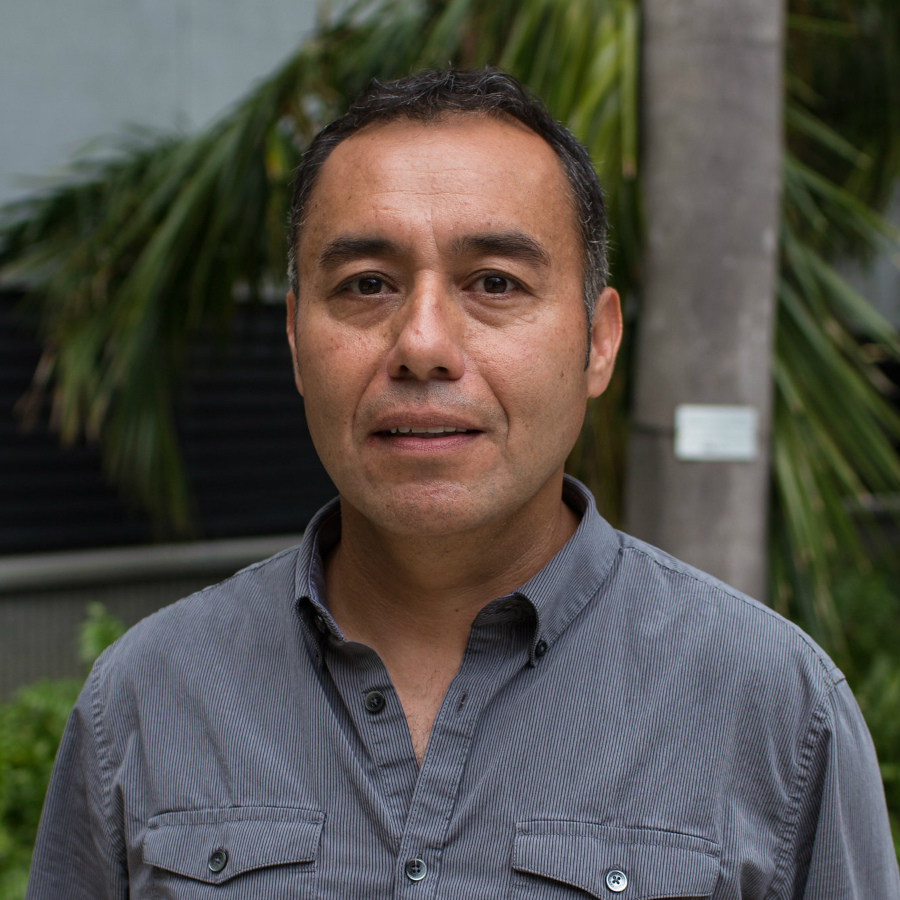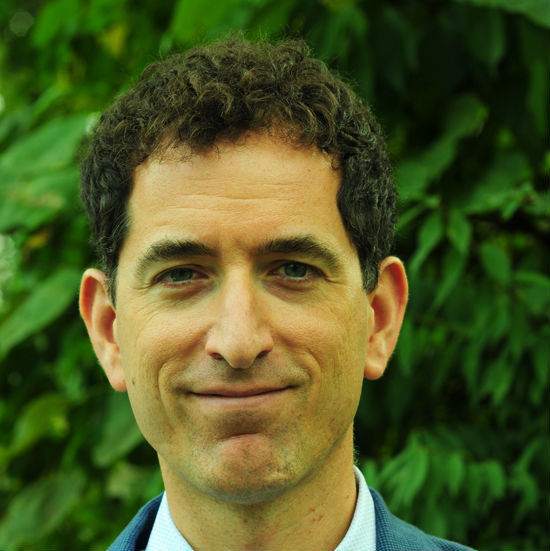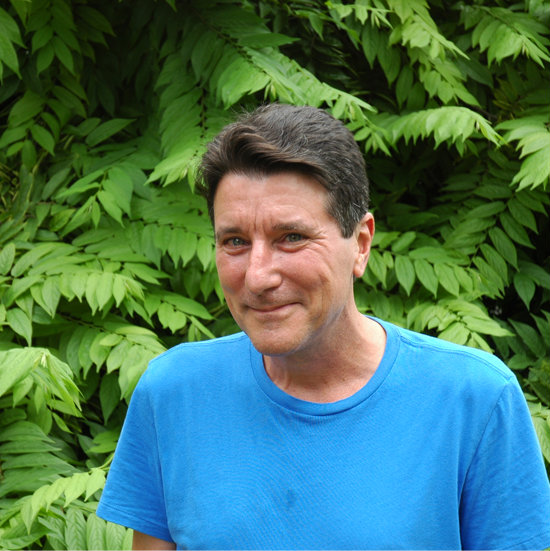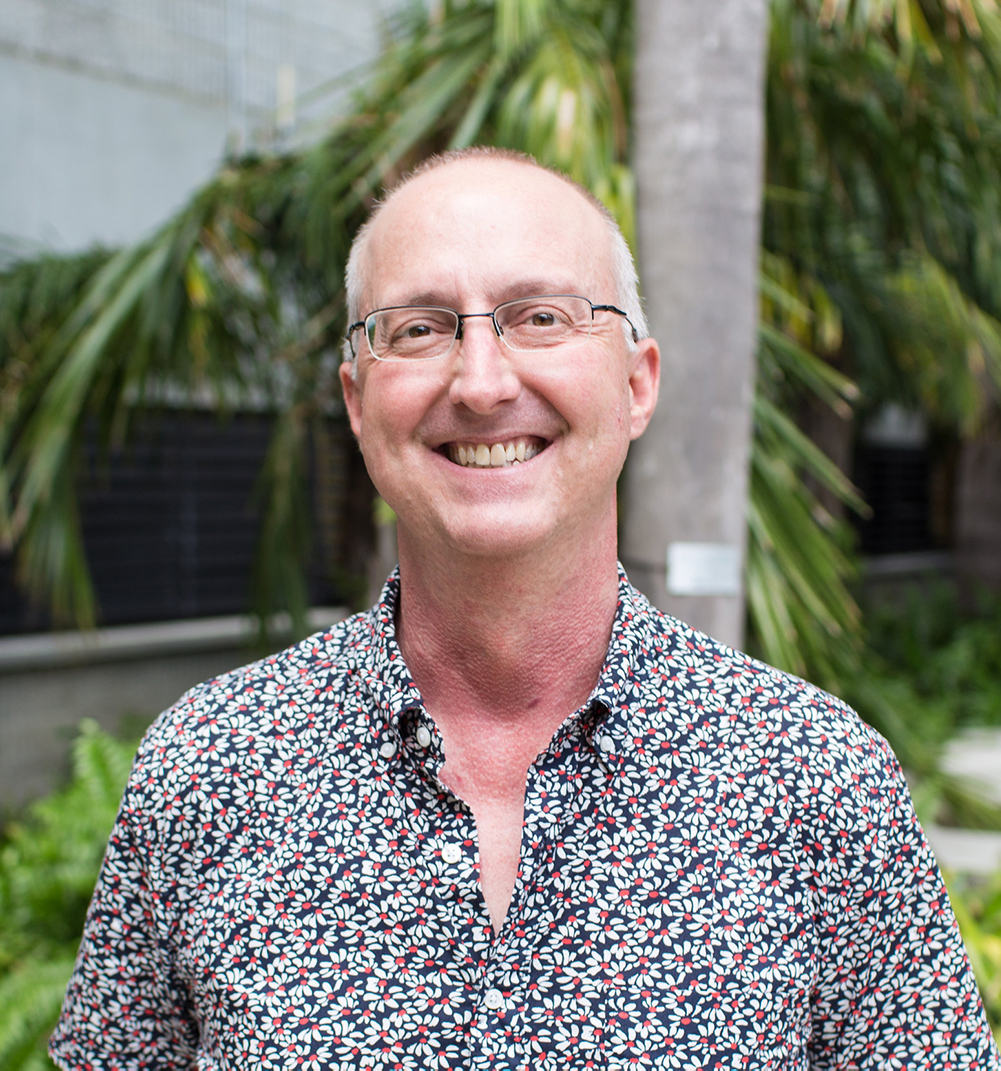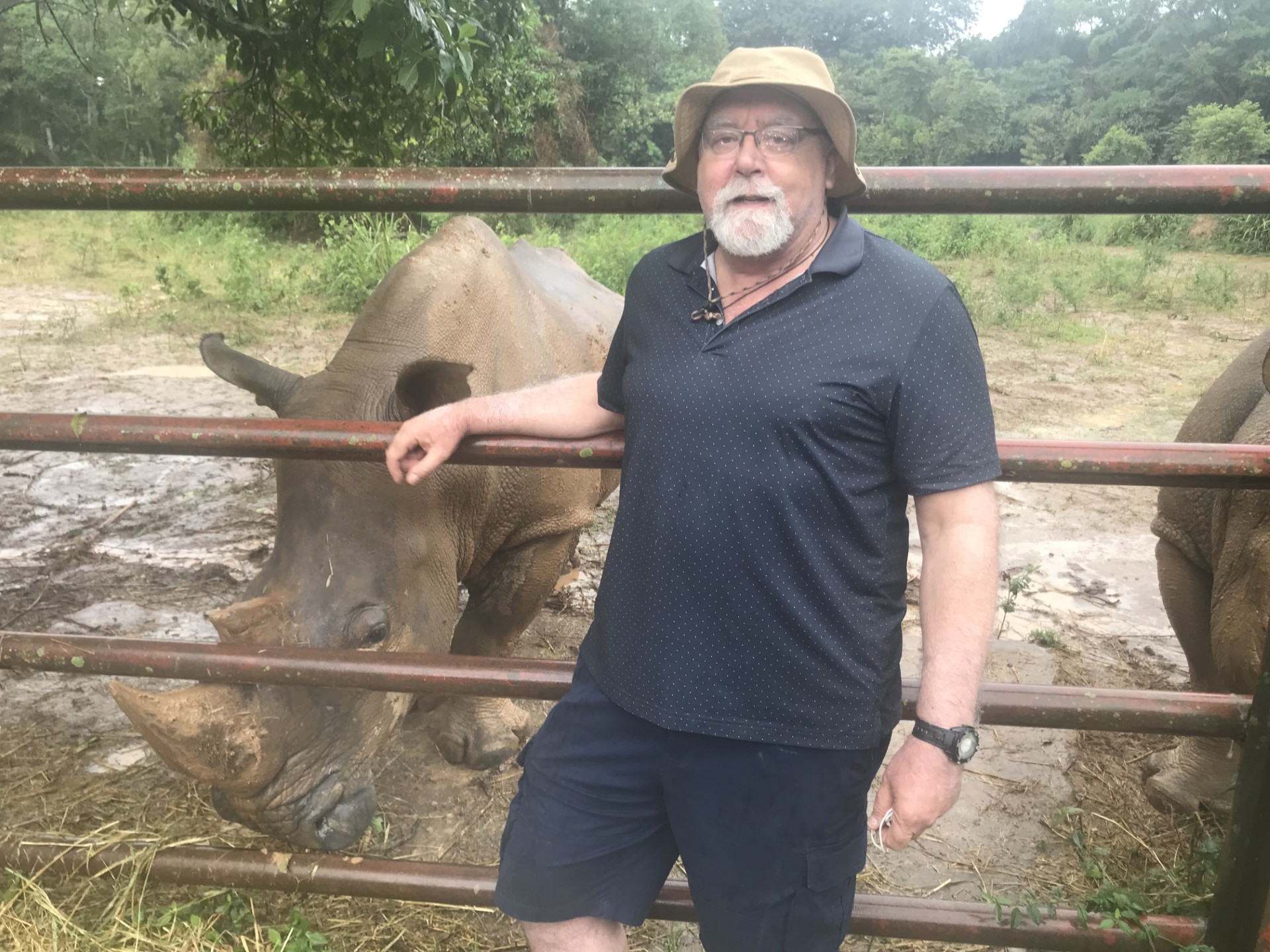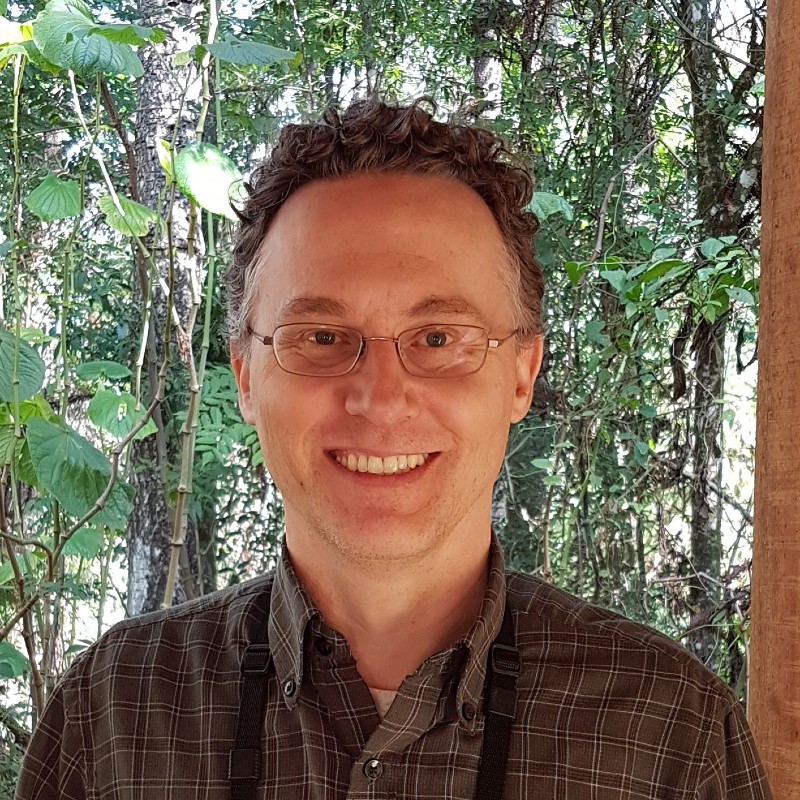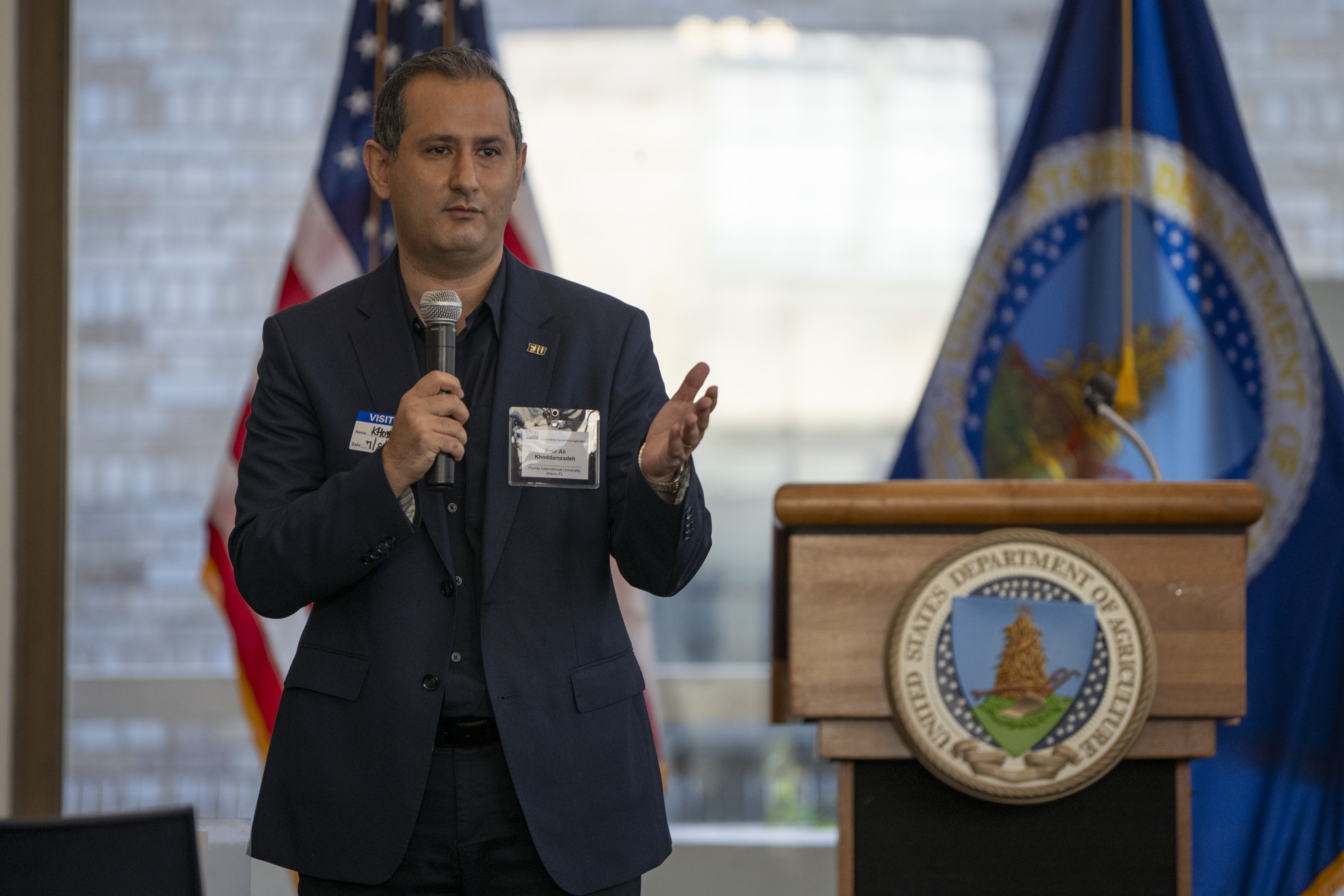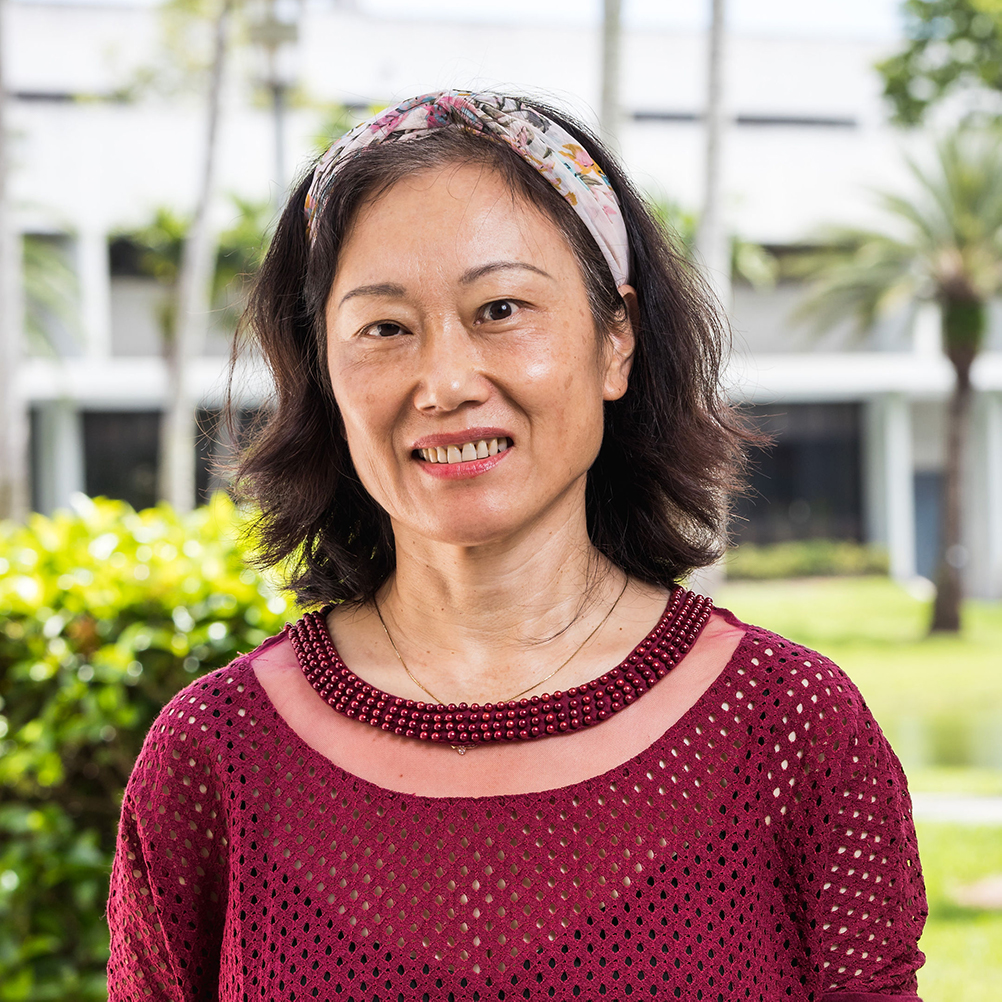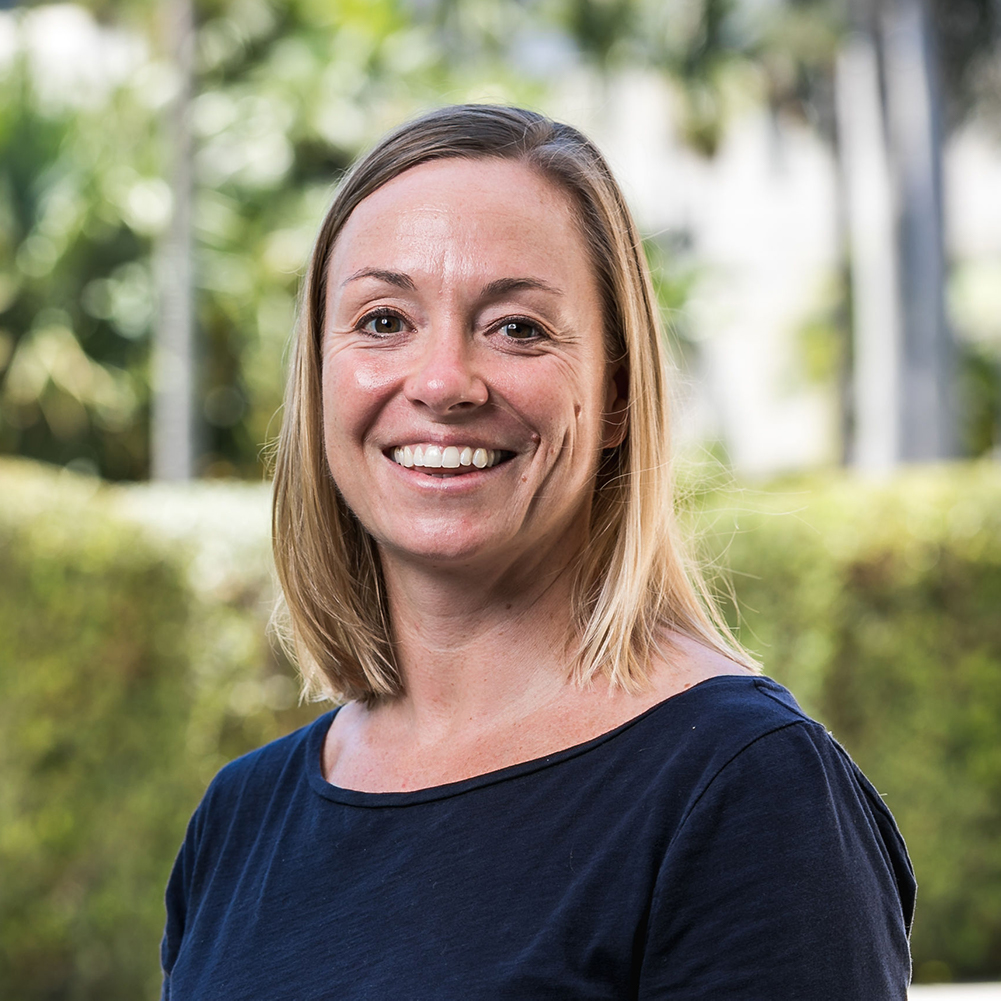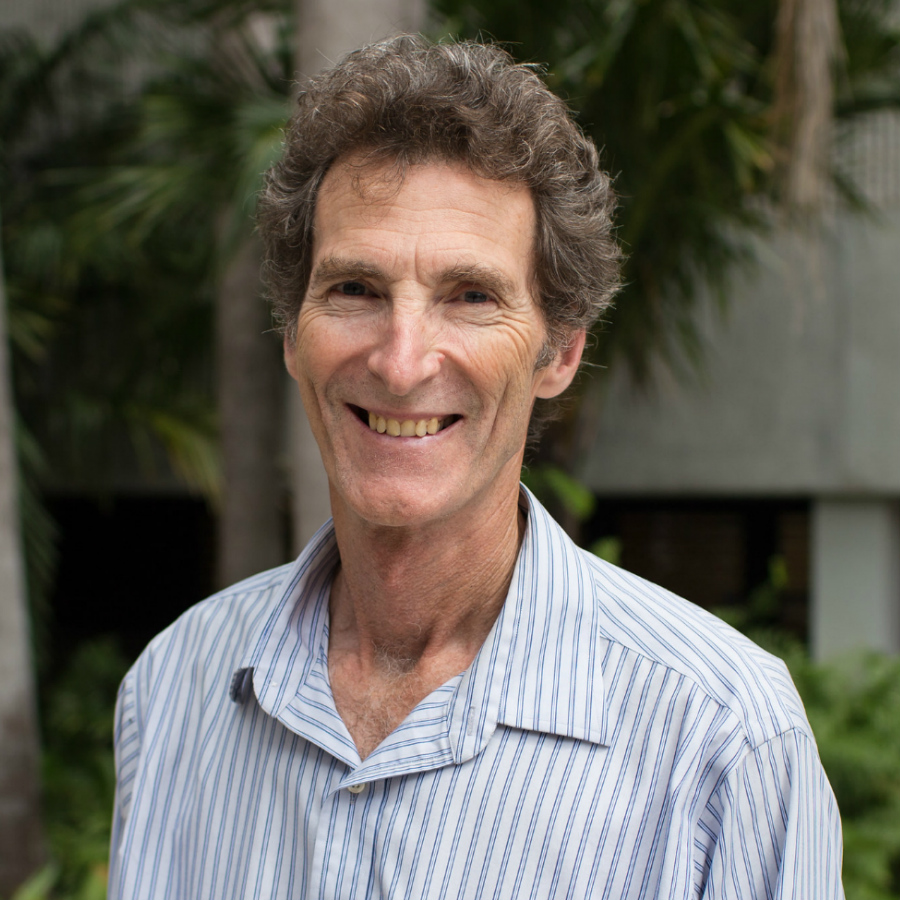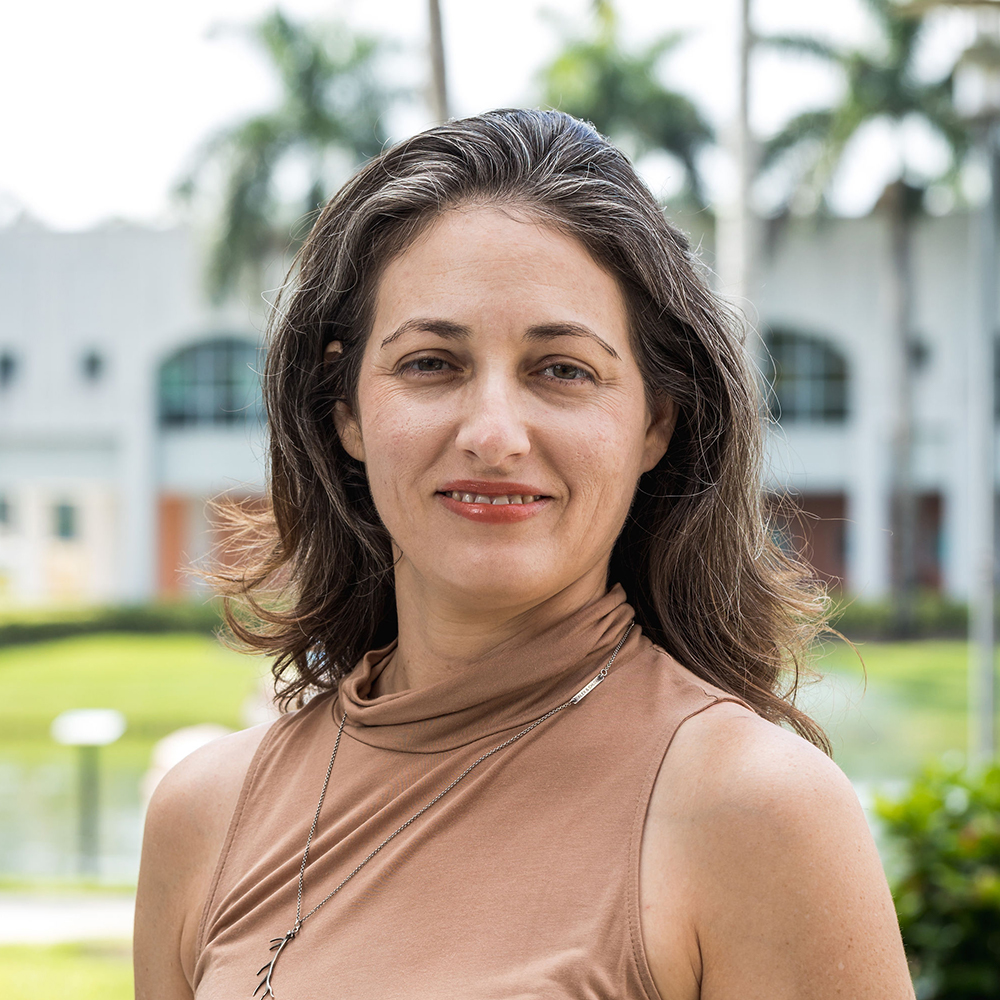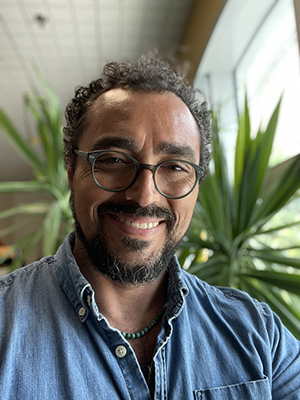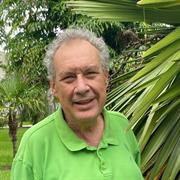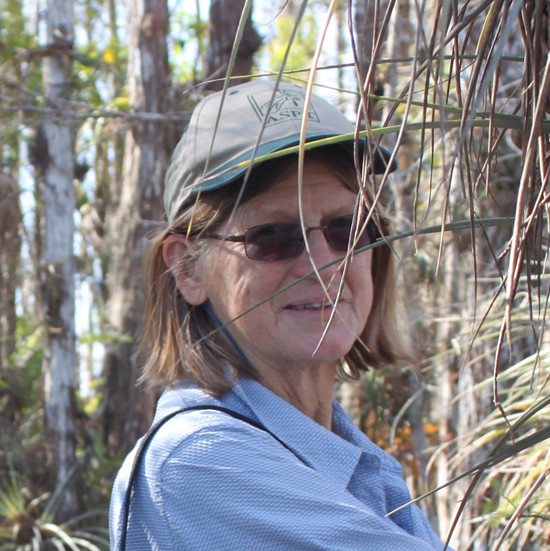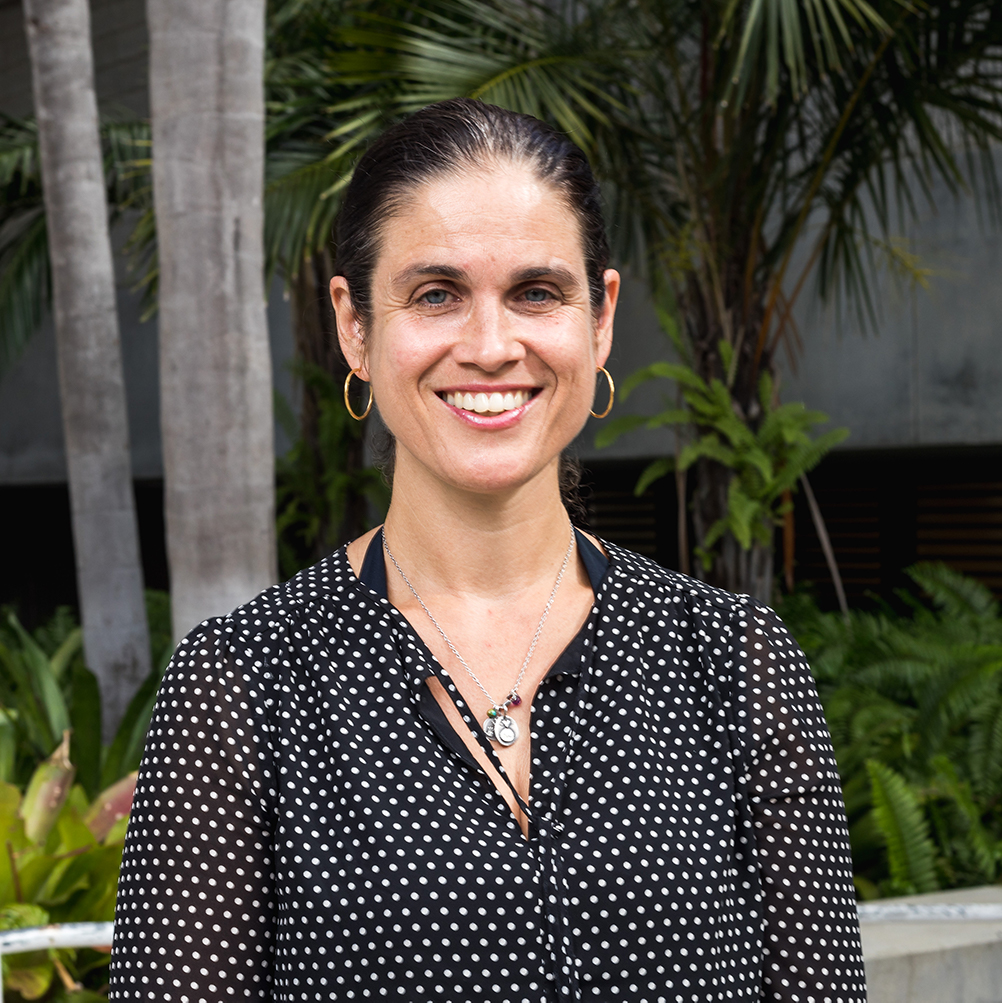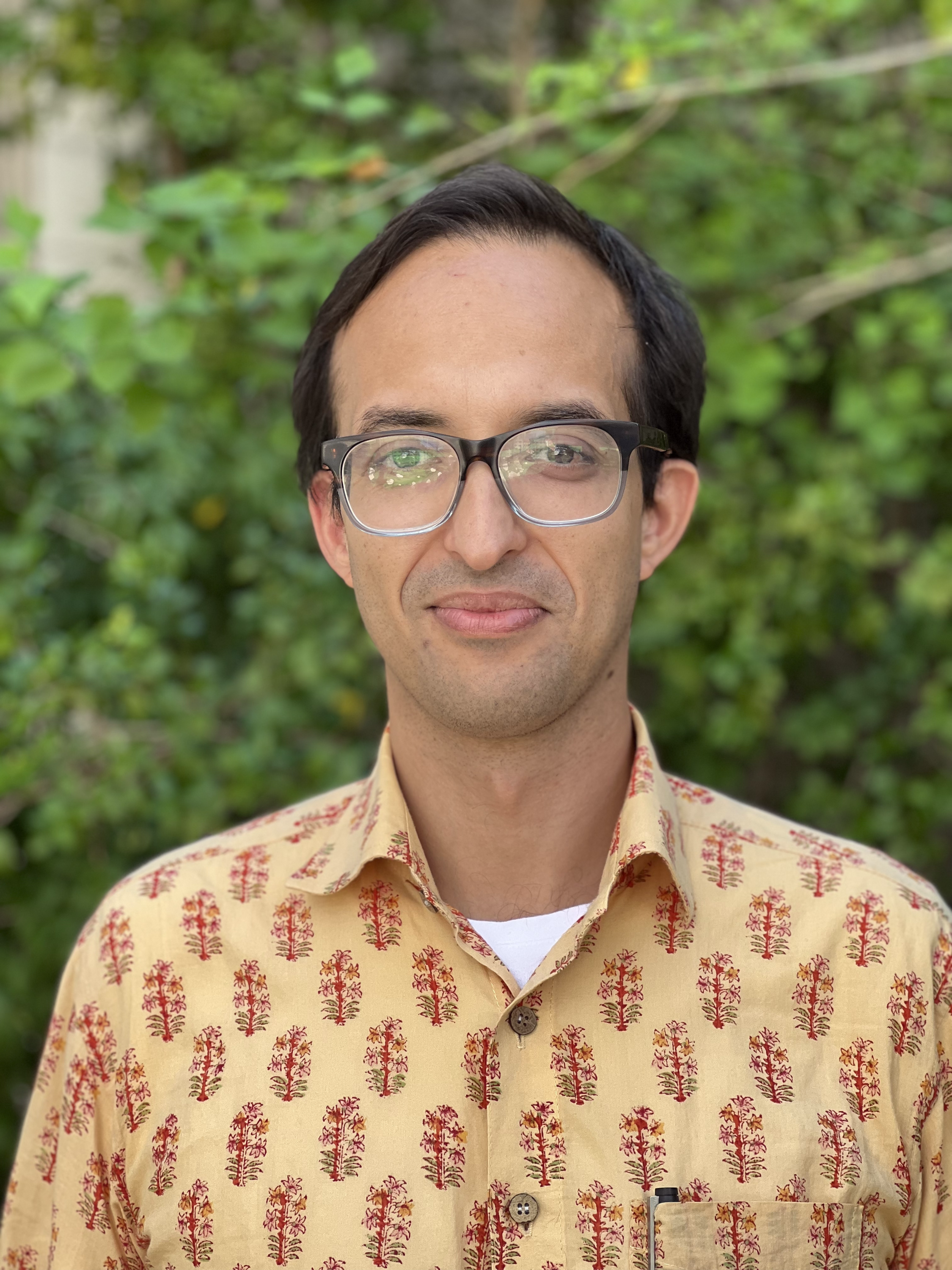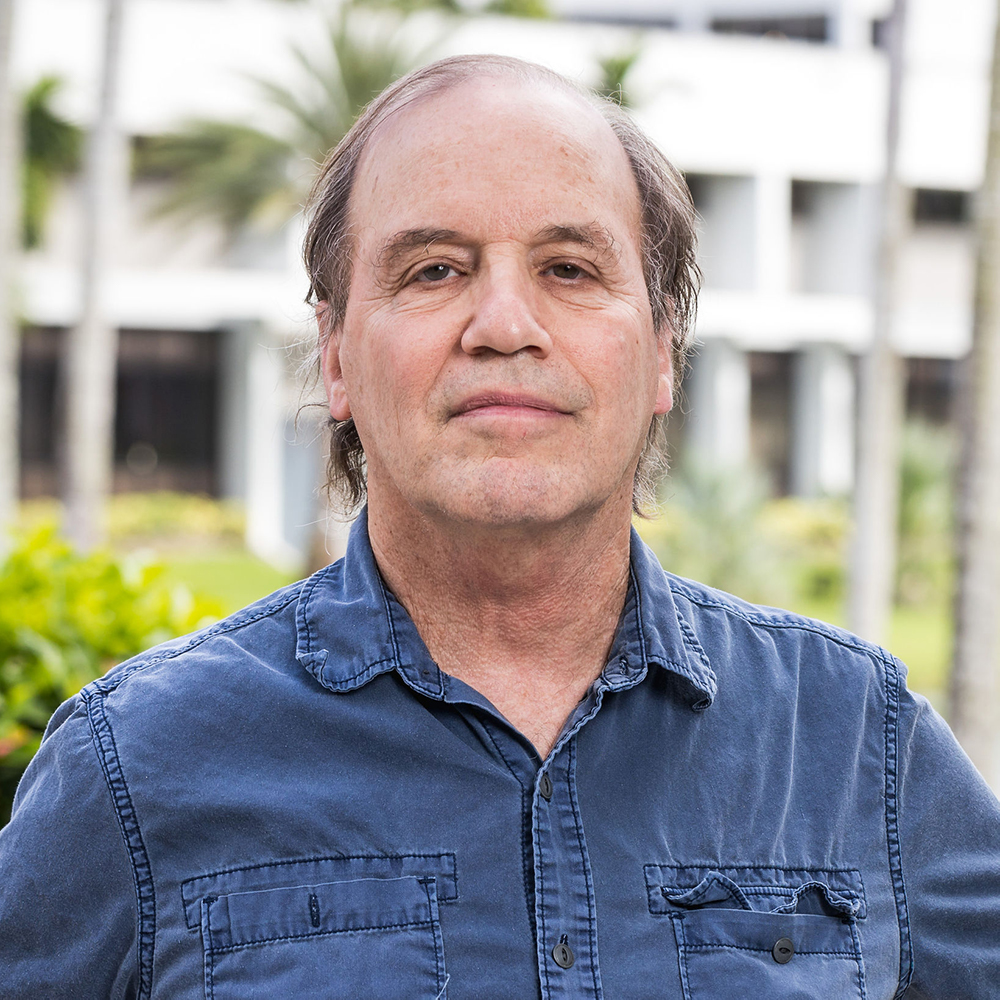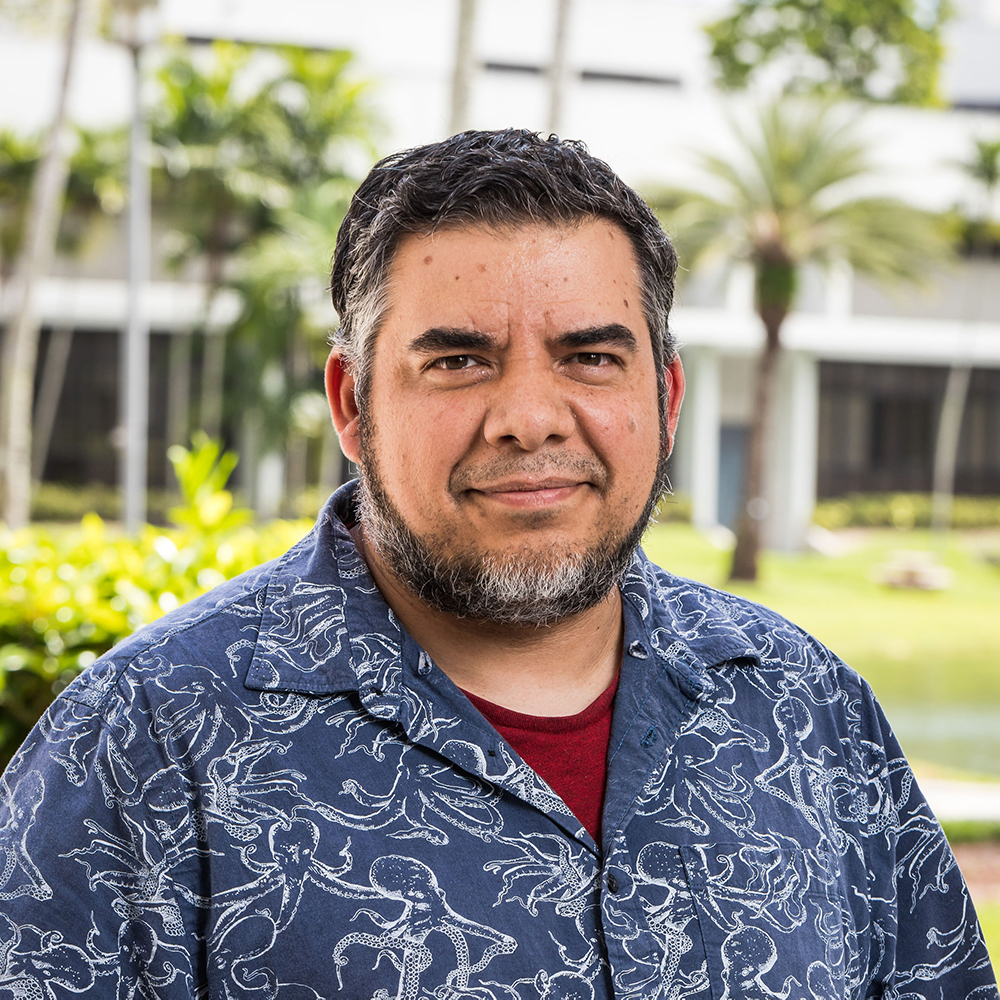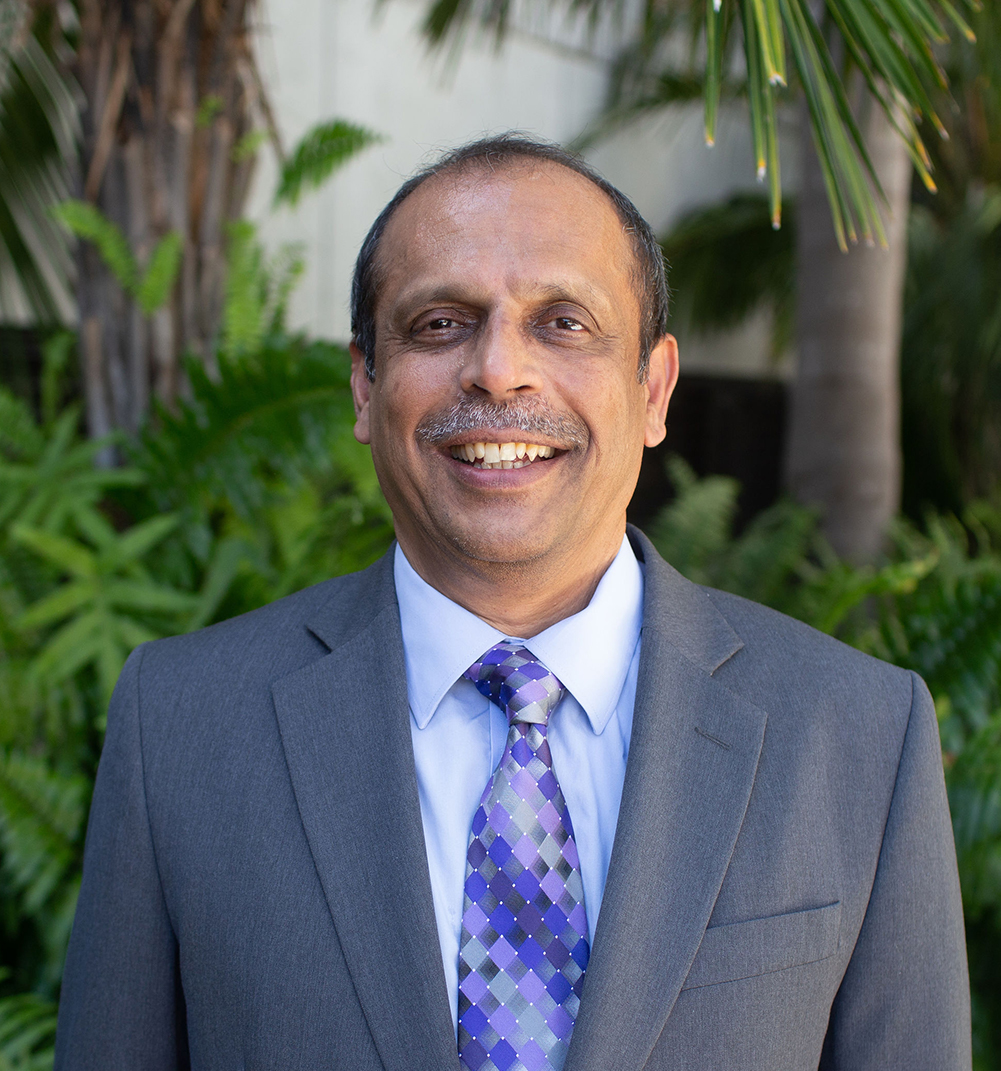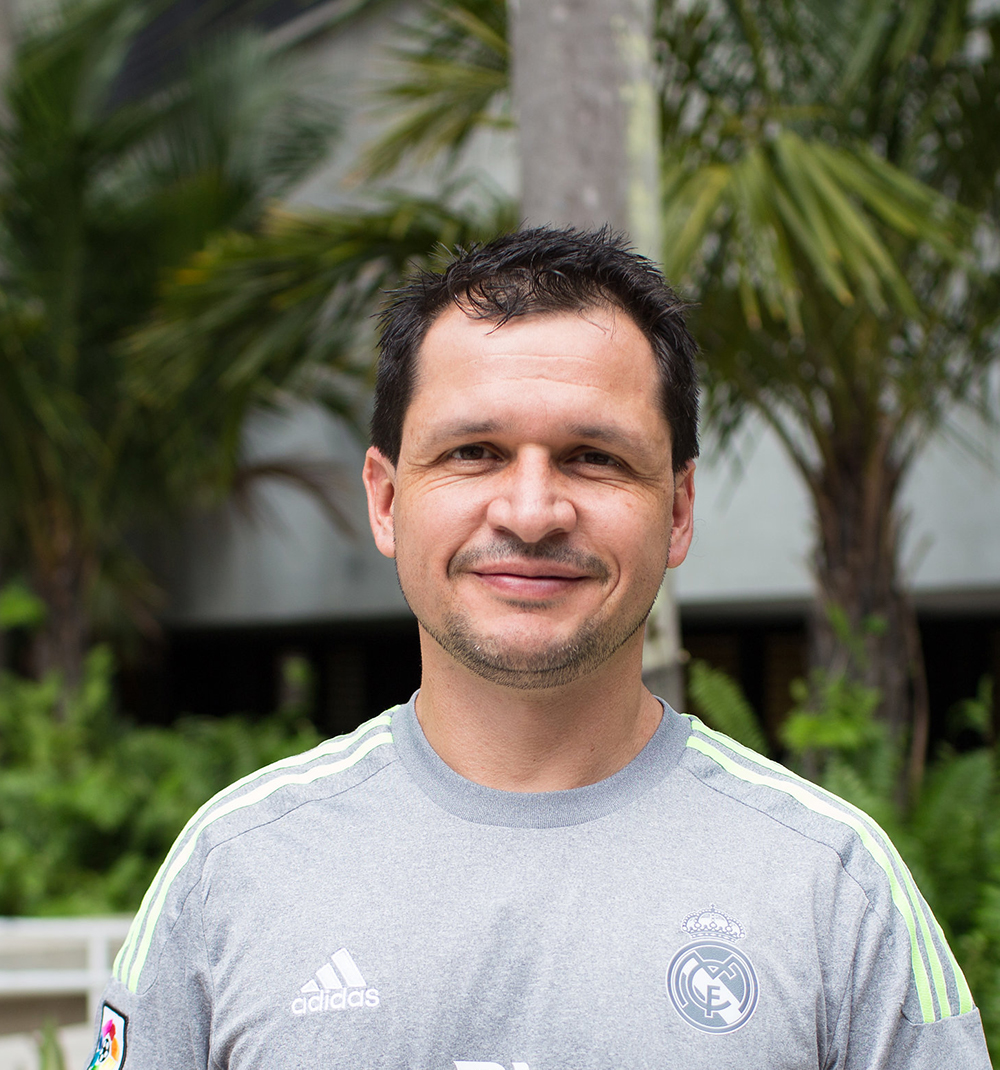
From the Everglades to tropical rainforests, ecosystems exist as a balance of many species and nonliving phenomena. Processes and changes may be hard to notice at a given moment, but they are always occurring, and over time they affect all plants, animals and people. There are many ways to take a snapshot of an ecosystem, and our researchers are experienced in a variety of methods ranging from up-close to orbital.
In-person studies take our researchers to South American sites including in French Guiana, Brazil and Peru, to sample tree bark and leaves and catch insects for surveys. We also identify new amphibian species and track populations as they suffer and rebound from disease. Plant exploitation and trafficking also draw our experts’ attention, as we explore ways to satisfy demand or plants without wiping out threatened species.
Remote sensing projects give us a large-scale view of ecosystems. Our Everglades work includes the evaluation of aerial and satellite data such as photos and LiDAR laser scans, developing methods for identifying plant distribution from the sky. Improving scientists’ access to hard-to-reach ecosystems makes it easier to observe and protect them.
Featured Projects

Plant blindness may impact us and we may not even know it. Our scientists are working to ensure that no one is blind to the importance of plants.

Our researchers are working to inventory and classify the trees of the FIU campuses.

Our scientists study the long-term effects of natural and human disturbances on tropical forests and streams in Puerto Rico's Luquillo Forest.
Related Programs & Centers
Our ongoing educational, research and community initiatives are organized within thematic programs and centers which bring together experts from across the Institute of Environment.

Our Agroecology Program focuses on issues in agriculture at the farm, community and regional landscape level. Our scientists explore broad spatial agricultural issues including regional water allocation conflicts, urban-rural conflicts, community foodsheds, and geospatial analysis of agricultural resources and system impacts.

International Center for Tropical Botany at The Kampong
Our International Center for Tropical Botany focuses on the importance of terrestrial ecosystems. From endangered species to complex ecosystems, we study the diversity of life at multiple levels in order to better understand and protect it.
Research Groups
Faculty-led research groups sustain our discoveries and impacts.
- Baraloto Lab for Tropical Plant Diversity
- Catenazzi Lab for Conservation Biology and Herpetology
- Jenkins Lab for Biodiversity
- Khoddamzadeh Lab for Conservation & Sustainable Horticulture
- Liu Lab for Plant Conservation
- Malone Lab for Disturbance Ecology
- Rockwell Plants & People Lab
- Ross Lab for South Florida Terrestrial Ecosystems
- Valverde Lab for Tropical Root Ecosystem and Ecology
Facilities & Services
These units represent technology and expertise that supports our research and may also be available for community use.
Agroecology Facilities
Including an organic garden and equipment for experiments and teaching
International Center for Tropical Botany at The Kampong
Research center focused on tree canopy, invasive species, botanic medicines and climate change
Rare Species Conservatory Foundation
Partner facility for captive breeding of endangered species
Wertheim Conservatory
A home for tropical plants on the Modesto A. Maidique Campus
Experts
Christopher Baraloto
Professor; Associate Director, Institute of Environment
305-348-4027, 305-442-7169x101
cbaralot@fiu.edu
OE 243, VH 137Manuel Barbieri
Professor
305-348-7535
barbieri@fiu.edu
AHC1 318CMahadev Bhat
Professor
305-348-1210
bhatm@fiu.edu
AHC5 375, CASE 157David Bray
Professor Emeritus
305-348-1930
brayd@fiu.edu
AHC5 360Edward Castaneda
Research Assistant Professor
305-348-7479
ecastane@fiu.edu
VH 332Alessandro M. Catenazzi
Associate Professor
305-348-3111
acatenaz@fiu.edu
OE 167, OE 229, OE 260John F. Cozza
Associate Teaching Professor
305-348-2201
jcozza@fiu.edu
OE 216Todd Crowl
Professor; Director, Institute of Environment; Director/PI, CREST CAChE
305-348-3095
tcrowl@fiu.edu
OE 148A, ACII 220AJohn H. Geiger
Associate Teaching Professor
305-348-2201
geigerj@fiu.edu
OE 236Joel T. Heinen
Professor
305-348-3732
heinenj@fiu.edu
AHC5 381Clinton Jenkins
Associate Professor
305-348-6236
cljenkin@fiu.edu
AHC5 376Amir Khoddamzadeh
Associate Professor; Co-Director of Global Sustainable Tourism Program
305-348-3083
akhoddam@fiu.edu
Office 371, Lab OE 257Hong Liu
Professor
305-348-6799
hliu@fiu.edu
AHC5 387Melissa McCartney
Assistant Professor
305-348-2201
mmccartn@fiu.edu
OE 270Steven Oberbauer
Professor
305-348-2580
oberbaue@fiu.edu
AHC1 218ADanielle Ogurcak
Research Assistant Professor
305-348-1975
dogurcak@fiu.edu
OE 148Paulo Olivas
Assistant Professor
305-348-1688
paolivas@fiu.edu
AHC5 361Javier Francisco Ortega
Professor
305-348-2080
ortegaj@fiu.edu
OE 242James R. Riach
Associate Teaching Professor
305-348-1209
riachj@fiu.edu
AHC5 366Jennifer Richards
Professor Emerita
305-348-3102
richards@fiu.edu
OE 233Cara A Rockwell
Assistant Professor
305-348-1930
crockwel@fiu.edu
AHC5 361Adam Roddy
Assistant Professor
aroddy@fiu.eduMichael Ross
Professor
305-348-1420
rossm@fiu.edu
AHC5 367Jay Sah
Research Professor
305-348-1658
sahj@fiu.edu
OE 218Diego Salazar Amoretti
Assistant Professor
305-348-7316, 305-348-2201
dsalazar@fiu.edu
OE 310, OE 310A, OE 313, OE 244Kateel G. Shetty
Research Assistant Professor
305-348-0178
shettyk@fiu.edu
VH 210Oscar J. Valverde-Barrantes
Assistant Professor
305-348-2201
ovalverd@fiu.edu
OE 167
